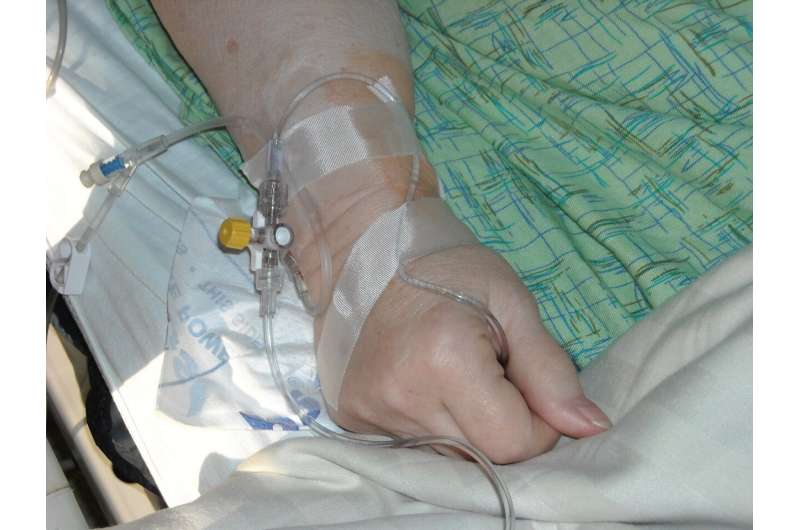Immunoglobulin Therapy in CLL Patients: No Significant Impact on Serious Infection Reduction

A comprehensive study reveals that immunoglobulin replacement therapy does not significantly reduce serious infections in CLL patients, prompting reevaluation of current treatment practices.
Recent research has examined the effectiveness of immunoglobulin replacement therapy in patients with chronic lymphocytic leukemia (CLL). The study, published in Blood Advances, indicates that regular immunoglobulin therapy does not significantly decrease the risk of severe infections requiring hospitalization in this patient population. Over 14 years, researchers analyzed data from over 6,200 adults diagnosed with CLL in Victoria, Australia, tracking their treatment and infection outcomes. While immunoglobulin therapy use increased over time—from 2% to nearly 9%—the rate of serious infections actually rose from 1.9% to 3.9% despite the therapy's ongoing application. Notably, patients who experienced serious infections were more likely to start immunoglobulin treatment shortly thereafter, yet the therapy did not translate into improved survival or reduced hospitalizations linked to infections. The findings highlight that many patients remain on lengthy, costly immunoglobulin courses without clear evidence of benefit, raising concerns about clinical guidelines and resource allocation. Experts stress the need for more tailored treatment approaches and further studies, including ongoing clinical trials comparing immunoglobulins with other prophylactic strategies. This study underscores the importance of reevaluating the role of immunoglobulin replacement in CLL management, aiming to optimize patient outcomes and healthcare resources.
Stay Updated with Mia's Feed
Get the latest health & wellness insights delivered straight to your inbox.
Related Articles
Limitations of the Area Deprivation Index in Assessing Neighborhood Health
New research questions the effectiveness of the widely used Area Deprivation Index in measuring neighborhood health risks, especially in high-cost urban areas. The study highlights the need for better tools to assess socioeconomic factors impacting health outcomes.
Ebola Outbreak in Congo Claims Dozens While Funding Shortages Hamper Response Efforts
A deadly Ebola outbreak in Congo has claimed dozens of lives, with health officials warning that insufficient funding and resources are hindering containment efforts in the remote region.
Enhancing Patient Outcomes Through Routine Breast Cancer Screening
Routine breast cancer screening significantly improves patient outcomes by enabling early detection, reducing disease severity, and decreasing mortality rates. Recent research advocates for broader screening initiatives to save lives.



